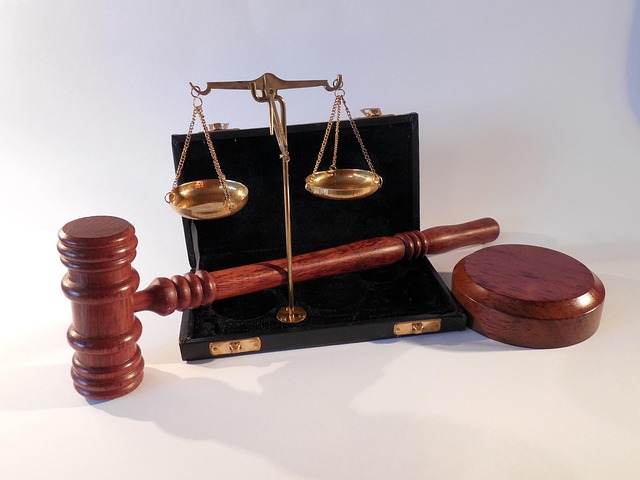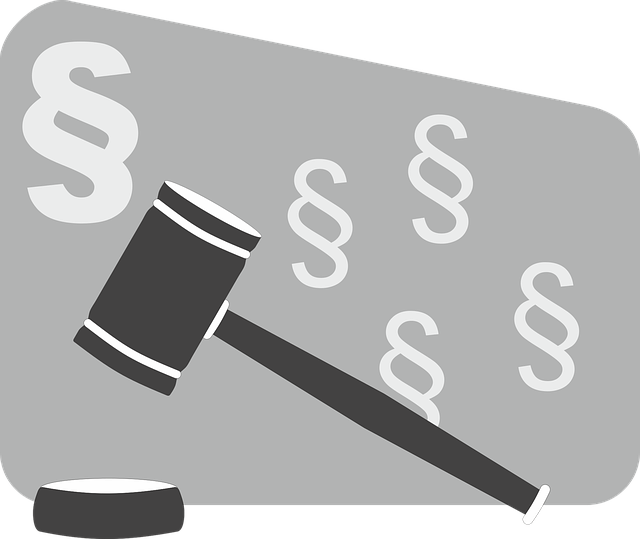Environmental fraud laws are paramount for business accountability. Understanding these regulations and employing a specialized criminal defense team can mitigate penalties, enhance sustainability, and foster long-term resilience. "How to Navigate Environmental Regulations Litigation" involves strategic compliance measures like internal controls, training, audits, and risk assessments, coupled with industry expertise and ethical conduct, to avoid costly litigation and reputational damage.
Regulatory fraud laws are designed to protect our environment and ensure businesses operate ethically. This article serves as a comprehensive guide on navigating environmental regulations litigation, delving into key aspects like understanding specific environmental fraud laws, identifying common violations, and learning effective defense strategies.
We’ll explore practical tips for compliance and prevention, equipping you with the knowledge needed to steer clear of costly legal battles and promote sustainable business practices.
- Understanding Environmental Fraud Laws
- Common Types of Regulatory Violations
- Defending Against Litigation Charges
- Strategies for Compliance and Prevention
Understanding Environmental Fraud Laws

Environmental fraud laws have become a critical aspect of modern regulatory frameworks, holding businesses accountable for their environmental impact and responsible practices. These laws are designed to protect natural resources, ecosystems, and public health from various forms of pollution and degradation. Understanding these regulations is essential for companies operating in industries with significant environmental footprints, such as manufacturing, energy production, and agriculture. Navigating the complex web of environmental standards and litigation requires a strategic approach.
By employing an experienced general criminal defense team, businesses can ensure they meet the stringent requirements set by environmental agencies across the country. With an unprecedented track record of success in environmental regulatory matters, legal experts can guide companies through permit applications, compliance programs, and potential enforcement actions. This proactive approach not only helps avoid costly penalties but also fosters a culture of sustainable practices, ensuring long-term business resilience.
Common Types of Regulatory Violations

Regulatory violations can take many forms, with companies often facing charges related to environmental impact, financial reporting, or product safety. How to Navigate Environmental Regulations Litigation is a critical question for businesses as these cases can have significant legal and financial implications. Common types of regulatory violations include pollution and waste disposal issues, where companies may be held accountable for damaging ecosystems; false reporting on emissions or chemical usage; and non-compliance with safety standards, leading to potential harm to consumers.
White collar defense is a strategic approach used by companies facing these charges. It involves navigating complex legal frameworks and presenting robust defenses to achieve a complete dismissal of all charges. Across the country, businesses are learning to adapt their practices to meet stringent regulatory requirements, ensuring compliance to avoid costly litigation and reputational damage.
Defending Against Litigation Charges

Navigating Environmental Regulations Litigation requires a strategic approach to defend against charges that can have significant financial and reputational consequences. Businesses and individuals accused of regulatory fraud must understand the intricate details of environmental laws and their specific violations. A robust defense strategy involves thorough investigation, gathering of evidence, and presenting a compelling narrative that challenges the accuser’s claims.
Expert witnesses and legal professionals specializing in environmental law play crucial roles in constructing a winning challenging defense verdict. They help decipher complex regulations and interpret them in context, often exposing technical errors or gaps in the prosecution’s case. Additionally, demonstrating good faith efforts to comply with regulations and any philanthropic initiatives related to environmental conservation can bolster the defense. Engaging with both the legal system and the broader political communities through transparent practices builds a stronger case for a general criminal defense strategy that prioritizes compliance and responsibility.
Strategies for Compliance and Prevention

Navigating environmental regulations can be a complex task for businesses, but an effective strategy can prevent costly litigation. The key to success lies in proactive compliance measures. Companies should implement robust internal controls and training programs to ensure employees understand their roles and responsibilities regarding environmental laws. Regular audits and risk assessments help identify potential areas of non-compliance, allowing businesses to rectify issues before they escalate. By fostering a culture of ethical conduct and environmental stewardship, organizations can reduce the risk of white-collar and economic crimes, becoming a model for other industries.
Achieving extraordinary results in regulatory compliance goes beyond adherence to laws. It involves staying ahead of changing regulations, anticipating potential violations, and developing innovative solutions. This proactive approach requires businesses to stay informed about legislative trends, engage with industry experts, and participate in regulatory discussions. By doing so, companies can contribute to shaping effective policies while safeguarding their interests. A white-collar defense strategy should not only focus on avoiding penalties but also on building a sustainable business model that respects environmental standards, ensuring long-term success and avoiding future legal entanglements.
Navigating environmental regulations can be complex, but understanding and adhering to these laws is crucial to preventing regulatory fraud charges. By recognizing common types of violations and implementing robust compliance strategies, businesses can mitigate litigation risks effectively. Remember that proactive measures, such as thorough training, meticulous record-keeping, and regular audits, are key to ensuring long-term success in this evolving regulatory landscape. Knowing how to navigate environmental regulations is not just about avoiding penalties; it’s about fostering sustainable practices that contribute to a healthier planet.






